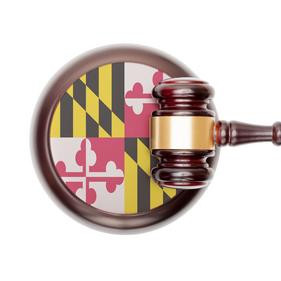MD Courts Moving Toward Offers of Judgment?

Beyond the issues that we just raised in Barufaldi, the decision may also have important implications for employers trying to decide whether and when to make a settlement offer - and for how much.
In the decision’s final footnote, the court stated that the rejection of a settlement offer more favorable than the judgment obtained may be an appropriate factor in determining whether to award attorney fees under Maryland’s WPCL. It’s usually the case that when a court determines whether to award attorney fees, it does not necessarily look at a particular set of factors, but rather at the parties and specific circumstances of the case. Thus, the Court of Special Appeals’ general statement that courts may bar attorney’s fees when a settlement offer exceeding the judgment was rejected, may provide employers with more leverage in settlement negotiations.
As some employers may know, under the federal court rules, if you make an offer of judgment that is rejected and turns out to be more than the award after adjudication, the offeree is responsible for the costs, and in some cases, the fees incurred after the offer is made. What makes the footnote in Barufaldi - suggesting the use of a rejected settlement offer as a factor in determining an award of attorney’s fees - so intriguing is that Maryland does not have any particular rule that pertains to the shifting of costs, and sometimes fees, after the rejection of an offer which exceeded the eventual judgment.
Prior to this decision, the Maryland courts had not looked to the rejection of a settlement offer as a basis to deny attorney’s fees. In 2011, the Court of Appeals (in Friolo v. Frankel, which can be found here) did, however, rule that once it is determined that attorney fees are appropriate, the amount of fees awarded can be reduced by the parties’ relative contribution to causing unnecessary litigation, including their rejection of settlement offers.
Whether the Barufaldi decision was simply suggesting that after Friolo a court could reduce fees to zero, or that instead, a court could outright deny an award of fees based on the rejection of a settlement offer, is not clear. What is clear, though, is that the Maryland courts are taking a tougher stance on unnecessary litigation. Their decisions strongly suggest that parties in WPCL cases should carefully consider settlement positions, and that employers should thoroughly analyze potential jury awards when determining settlement offers.
